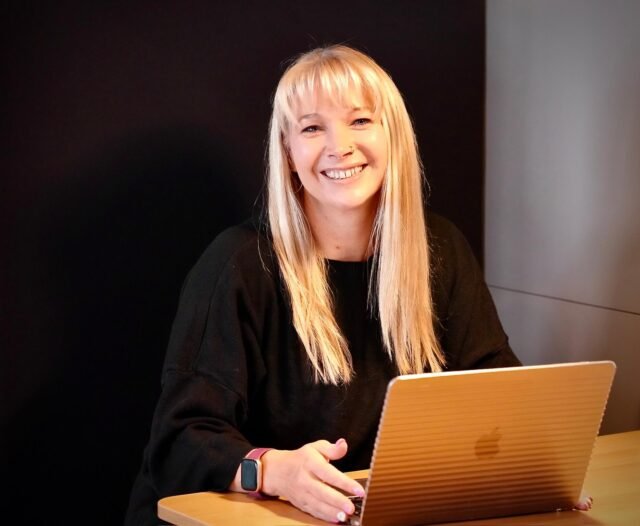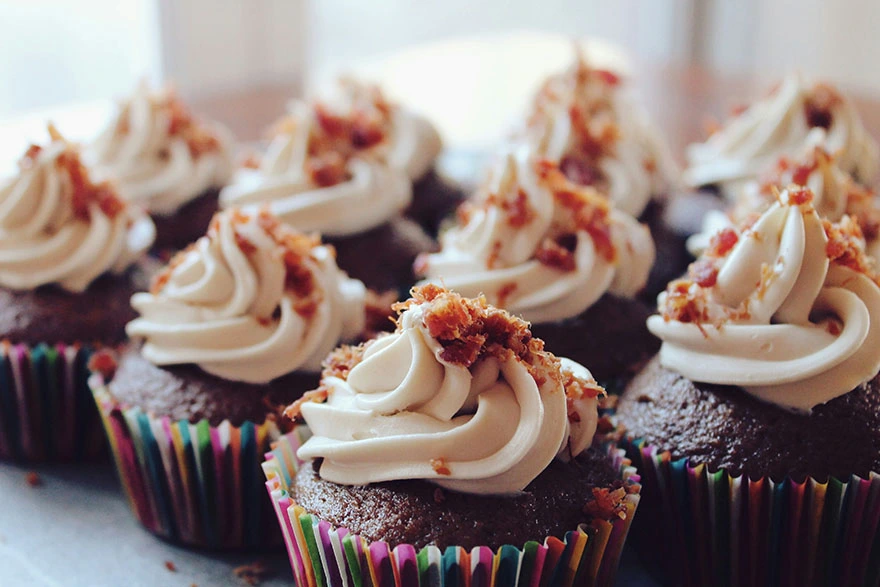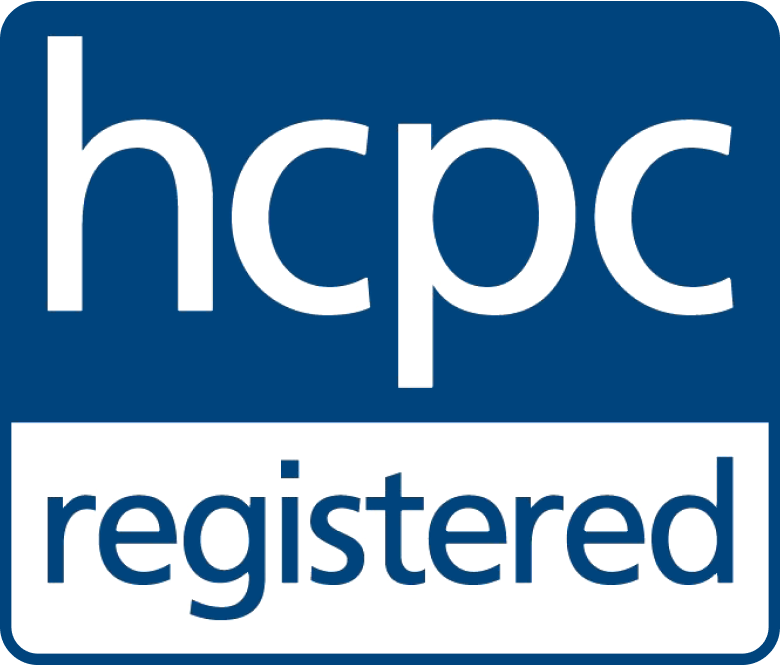by Becky Stone, Guest Contributor
Introduction by Dr Esthefanea F. Santos:
1. It doesn’t always look like a crisis
2. “I’m just trying to be healthy…”
That’s how it usually starts.
A few more salads.
A new gym routine.Cutting back on sugar.
But under the surface?
There’s fear.
There’s control.
There’s a story that hasn’t been told yet, one that the food is now holding.
3. The safety of control
When the world around you feels chaotic, your body becomes the only thing you can manage.
Control gives us:
Order in emotional chaos
Certainty when life feels unpredictable
A win when everything else feels like a failure
But here’s what no one tells you:
Control doesn’t make the fear go away.
It just numbs it.
Pushes it deeper.
And makes life smaller.
4. It’s not about food. It never was.
In my therapy room, I hear people say things like:
“If I could just stop bingeing…”
“If I could stick to the plan…”
“If I could just eat like a normal person…”
But it’s never really about food.
- It’s about grief.
- Or a sense of not being enough.
- Or needing something that no one taught them how to ask for.
We don’t develop disordered eating because we’re vain.
We do it because it’s the only language we had for pain.
5. The mask of “I’ve got this”
Many people I work with are high-achieving, outwardly fine, and praised for their discipline.
You’d never guess they:
Eat the same safe foods every day
Feel panicked by social meals
Swing between bingeing and restriction
Think about food every hour of the day
They’re not doing it for attention.
They’re doing it to cope.
And it’s exhausting.
6. What recovery really feels like
Recovery isn’t a perfect meal plan or a Pinterest version of healing.
It’s:
Crying because you ate something spontaneous
Feeling rage, you don’t know how to express
Letting go of calorie counting, even when your brain is screaming
Learning how to feel full, and not hate yourself for it
Recovery is about learning a new way to be safe.
And it takes time.
7. Things I remind every client
You are not broken.
You’re adapting to something that hurt.
Food became the fix, but you’re allowed to find new tools now.
- You don’t need to “hit rock bottom”
- You don’t have to justify why it’s hard
- You don’t need to be underweight for it to matter
Struggling with food doesn’t make you dramatic.
It makes you human.
8. Who I work with
I support people who:
Feel stuck in the binge–restrict cycle
Have rules around food they can’t switch off
Are tired of pretending they’re fine
Want to find peace with their body, but don’t know how
Many of my clients are neurodivergent (ADHD, autism, dyslexia), sensitive, high-achieving, or have spent years taking care of everyone else.
Together, we work on:
Understanding the root of control
Rebuilding a calm relationship with food
Processing emotions safely
Learning how to come back to their body, gently
9. For anyone reading this
If your relationship with food feels loud, you are not alone.
Whether it’s bingeing, rules, panic, shame, or secrecy, there’s a way through this.
It doesn’t have to be fixed overnight.
You just need someone who sees the full picture.
Want more gentle support?
If this resonated with you, I send out weekly reflections on recovery, food, and feeling good in your skin. No pressure. No diet culture. Just words that help. Sign up for my weekly support emails.

About the Author
Becky Stone is a UK-based eating disorder therapist offering online and in-person support for teens and adults. She specialises in helping people who feel stuck in food battles often the ones that go unseen. Becky’s approach is neurodivergent-affirming, trauma-informed, and always led by compassion.
Want more gentle support like this? Join Becky’s weekly newsletter.
For more conversations like this, you can explore other articles in our blog section or reach out for resources tailored to your situation.







